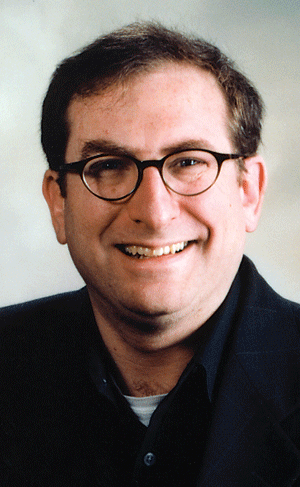A new provincial law aimed at opening up public access to municipal government may also lead to more work for lawyers in Ontario, says the man charged with enforcing transparency at the City of Toronto.

Changes to the Municipal Act and City of Toronto Act that took effect Jan. 1 allow for the investigation of municipal councils, along with most boards and committees, if meetings are allegedly closed to the public without falling into a set of exceptions.
Municipalities must either appoint an investigator to handle complaints or send complaints to Ontario Ombudsman Andre Marin. As of Dec. 28, 2007, 72 of the province’s 445 municipalities had declared the appointment of an investigator, according to the ombudsman’s office.
The City of Toronto has hired University of Toronto law professor Lorne Sossin to investigate its complaints. Sossin told Law Times that the law ushers in a new era of transparency across the province, which lawyers will be called upon to assist.
“There’s such a burgeoning area in law around privacy, confidentiality, access, and accountability; and I think many of the lawyers that do a lot of business with the cities and with city bodies . . . that haven’t traditionally been subject to a lot of scrutiny on governance, I think may well, because of this provision as a catalyst, re-examine their own policies and protocols on how meetings are held.
And I think that will invariably involve both the in-house lawyers who advise cities and city bodies, and those counsel who are retained by interested citizens who want to have another area to explore if they’re feeling either disgruntled or unhappy with the process.”
Kelly Yerxa is a certified specialist in municipal law for Oakville’s O'Connor MacLeod Hanna LLP and a former city solicitor for Burlington. She says in-house lawyers will be busier and municipal law specialists will be called upon more frequently because of the new law.
Yerxa says many of the municipalities that have appointed their own investigators have chosen lawyers for the job. She also expects that either in-house lawyers or municipal clerks will be tasked with compiling documentation regarding complaints.
She also encourages in-house lawyers at municipalities to re-examine closed-door meeting protocols in light of the new law.
Sossin says non-municipal bodies that hold public meetings may be nudged to change practices based on the new expectations for municipalities.
“The hope is that by invoking and establishing this governance protection it also will cause other bodies, both in the province and federally and beyond, to examine what their best practices are for transparency and accountability of their meetings,” says Sossin.
“I think the city [of Toronto] wants to be in front of the curve and a leader in this area. So I wouldn’t be surprised if other bodies where these protections don’t apply start to take a look at them and wonder if it’s not a best practice to adopt open-meeting provisions, even in advance of the legislative requirement to do so.”
Law Times was unable to get comment from the Law Society of Upper Canada as to whether it will re-examine its closed-door meeting policy at Convocation, in light of the new law.

 Changes to the Municipal Act and City of Toronto Act that took effect Jan. 1 allow for the investigation of municipal councils, along with most boards and committees, if meetings are allegedly closed to the public without falling into a set of exceptions.
Changes to the Municipal Act and City of Toronto Act that took effect Jan. 1 allow for the investigation of municipal councils, along with most boards and committees, if meetings are allegedly closed to the public without falling into a set of exceptions.